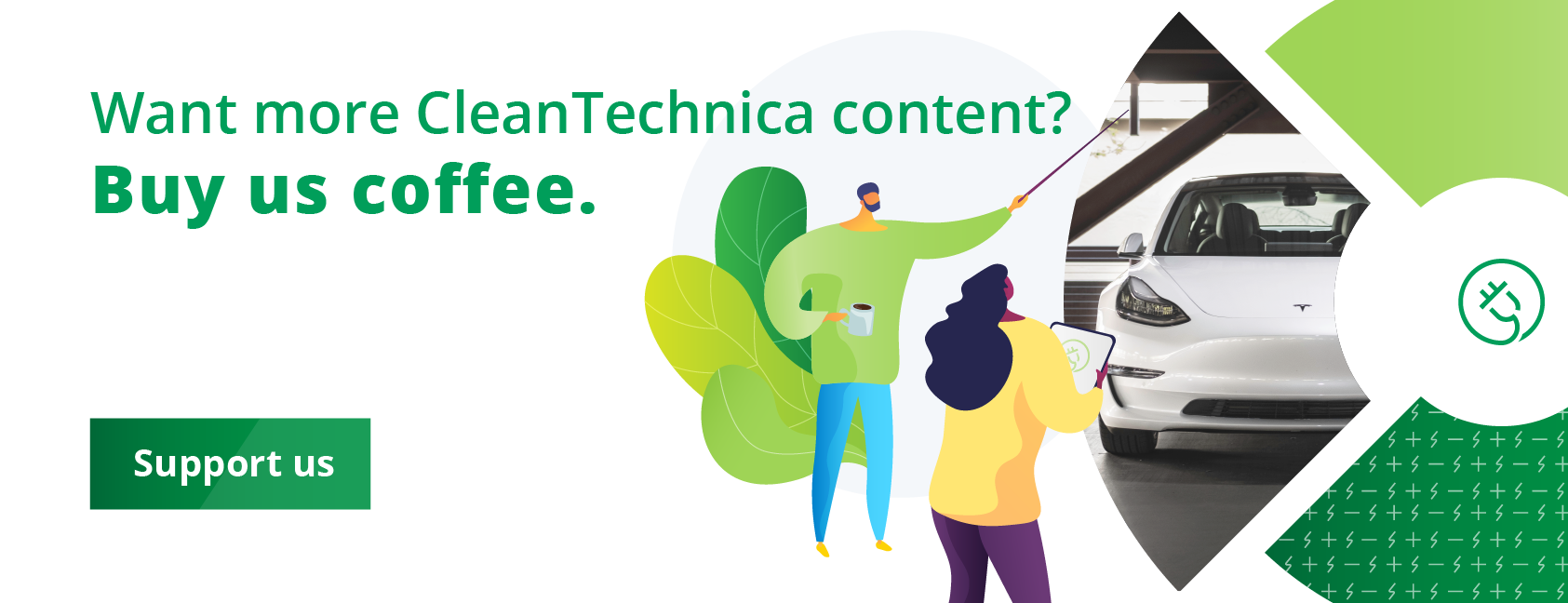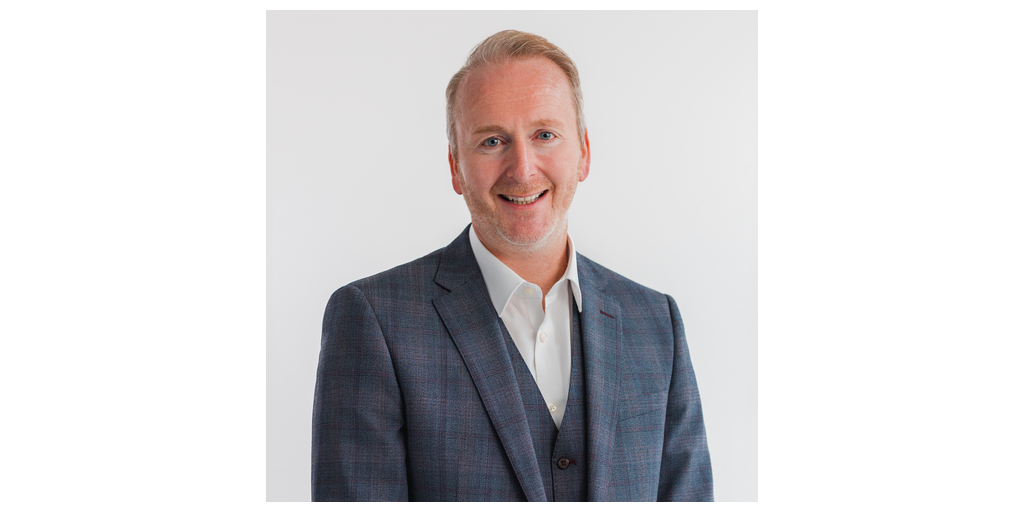
Jeff Goodell is a writer who has traversed the globe from Antarctica to the Arctic, from California, Paris, Chennai, and the Great Barrier Reef. Along the way he has told the stories of farm workers, hikers, urbanites, and polar bears with scientific analysis and political critique, and thereby connected the dots between heat-related personal tragedies and the risks of global heating on the planetary scale. In his latest book, “The Heat Will Kill You First — Life And Death On A Scorched Planet,” he claims that racism is at the heart of the American government’s failure to tackle the growing threat of deadly heatwaves.
In an interview with The Guardian, he said that people of color in the United States — including millions of migrant workers who are bearing the brunt of record breaking temperatures as farmhands, builders, and delivery workers — are not guaranteed lifesaving measures like water and shade breaks because they are considered expendable.
In the book, Goodell documents the tragic and preventable death of Sebastian Perez, a Guatemalan garden center worker who collapsed and died in Portland, Oregon, on the first day of the brutal Pacific northwest heatwave in June 2021. In the US, there are no federal rules related to heat exposure for workers either indoors or out.
Racism & Migrant Workers
“To be blunt about it, the people most impacted by heat are not the kind of voting demographic that gets any politician nervous. They’re unsheltered people, poor people, agricultural and construction workers. People like Sebastian Perez are just seen as expendable. They’re not seen as humans who need to be protected. Racism is absolutely central to the government’s failure to protect vulnerable people.”
While a few US states have implemented heat exposure rules, Texas Governor Greg Abbott last month thumped his chest and crowed gleefully after he signed legislation that prohibits any city or county in the state from passing laws requiring shade and water breaks for outdoor workers. The vast majority of farmhands and construction workers in Texas are migrants from Mexico and Central America. “I mean, that is insane, and emblematic of the ‘cruelty is the point’ ideology in so much of our politics right now,” Goodell says.
According to Goodell, the risks faced by mostly Black and Brown workers also reveal enduring elements of scientific racism previously used to justify forcing enslaved African people to do backbreaking farm work in the scorching south. “There were all kinds of crazy racist ideas like African people having thicker bones in their skulls that insulated them from heat. While nobody talks about that explicitly now, it is absolutely an undercurrent that having Mexicans pave roads in Austin in 107F [42C] is fine because they’re from Mexico, and used to it. It’s not just about these vulnerable people who can’t vote or the incompetence of the government, it is out and out racism.”
Fossil Fuels & Extreme Heat
Goodell’s book is a comprehensive, compelling, and timely examination of the fossil fuel-driven extreme heat that is transforming the planet and its inhabitants. Heat — in the atmosphere and the oceans — is driving every single climate impact, from rising sea level and melting glaciers to intensifying droughts, wildfires, and superstorms. Heat is the “engine of planetary chaos,” Goodell writes, yet its dangers remain poorly understood.
His message could not be more timely. July was the hottest month ever recorded on Earth and at least two-thirds of Americans were under some sort of heat advisory. Yet the Federal Emergency Management Agency cannot declare or respond to extreme heat as a disaster like it can for a severe storm or tornado. And the messaging and warnings around heat are confused, with local weather service offices left to issue alerts or advisories as they see fit.
Goodell supports naming heatwaves the way meteorologists name and storms as a way of communicating the danger so that individuals and agencies take life-saving measures. “We give names to children, we give names to dogs, to our fish. It’s how humans understand things. I understand that naming heatwaves is tricky, that it has complexities when you rank them, but we haven’t ever tried it. Let’s pilot it in a city like Miami or Austin, and if it doesn’t help then fine, but there’s a lot of evidence that suggests naming hurricanes really helps people understand the seriousness of what’s coming.”
Racism & Air Conditioning
Goodell’s book charts the history and future of air conditioning, the technological marvel that enabled a large migration of Americans to the Southwest. In some ways it has shaped modern American politics as much as oil, he claims.
“Air conditioning is emblematic of all of the insanity and paradoxes of what we consider progress, both a technology of personal comfort and a technology of forgetting. It is such an American idea, such an American way of trying to solve a really complex problem with a techno fix. It’s emblematic of the inequalities of heat, the gap between the cool and the damned. The hotter it gets, the bigger the divide.”
Heat, much like the Covid pandemic, exposes and exacerbates existing structural and racial inequalities in housing, wages, healthcare, mobility and access to solutions. One of Goodell’s biggest fears is that the world will adapt to heat deaths much like it did with Covid. “Covid showed us how much death we’re willing to tolerate. I am concerned that we’ll simply adapt to the chaos and tragedy and accept 60,000 people dying every summer, and we’ll forget that we created this climate and that we have control over it.”
In an interview with Al Gore about 15 years ago, Goodell recalls agreeing with the former vice-president’s view that everybody eventually has an “oh shit” moment when something happens which wakes them up to the climate crisis. Not any more. “There’s not gonna be a kind of larger cultural moment, or a single thing that changes the political dynamic in a big way. We’ll see incremental changes, two steps forward, one step back. This is trench warfare, everywhere, all the time.”

The Takeaway
Structural racism has come roaring back after decades when America thought it was leaving its plantation style roots behind. Martin Luther King may have believed in his heart that the arc of the moral universe is long but it bends toward justice, yet the events of the past 6 years make it clear that there will be twists and turns along the way. Republican states are desperate to find new ways of keeping Black and Brown people from voting, disguising their hateful actions behind a facade of white privilege.
Racism means society is denied the contributions of more than half its members. Given the challenges ahead to build a sustainable world, how long can we afford to hobble ourselves by refusing to include the intellectual gifts of so many members of society? It will take all of us working together as never before to solve the climate crisis.
Racial hatred is not a family value, yet it is the bedrock upon which those who preach longest and loudest about family values base their beliefs. We can and must do better.
I don’t like paywalls. You don’t like paywalls. Who likes paywalls? Here at CleanTechnica, we implemented a limited paywall for a while, but it always felt wrong — and it was always tough to decide what we should put behind there. In theory, your most exclusive and best content goes behind a paywall. But then fewer people read it! We just don’t like paywalls, and so we’ve decided to ditch ours. Unfortunately, the media business is still a tough, cut-throat business with tiny margins. It’s a never-ending Olympic challenge to stay above water or even perhaps — gasp — grow. So …




